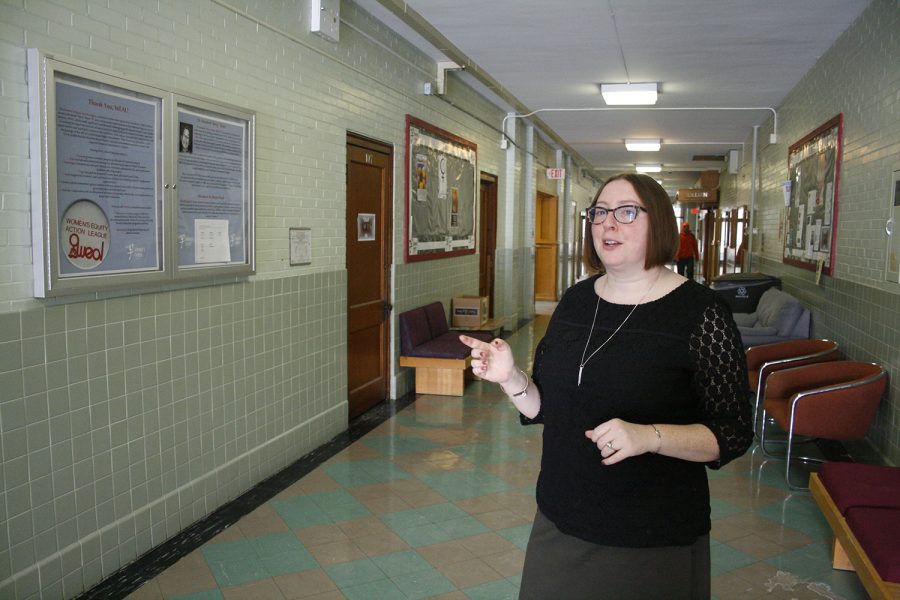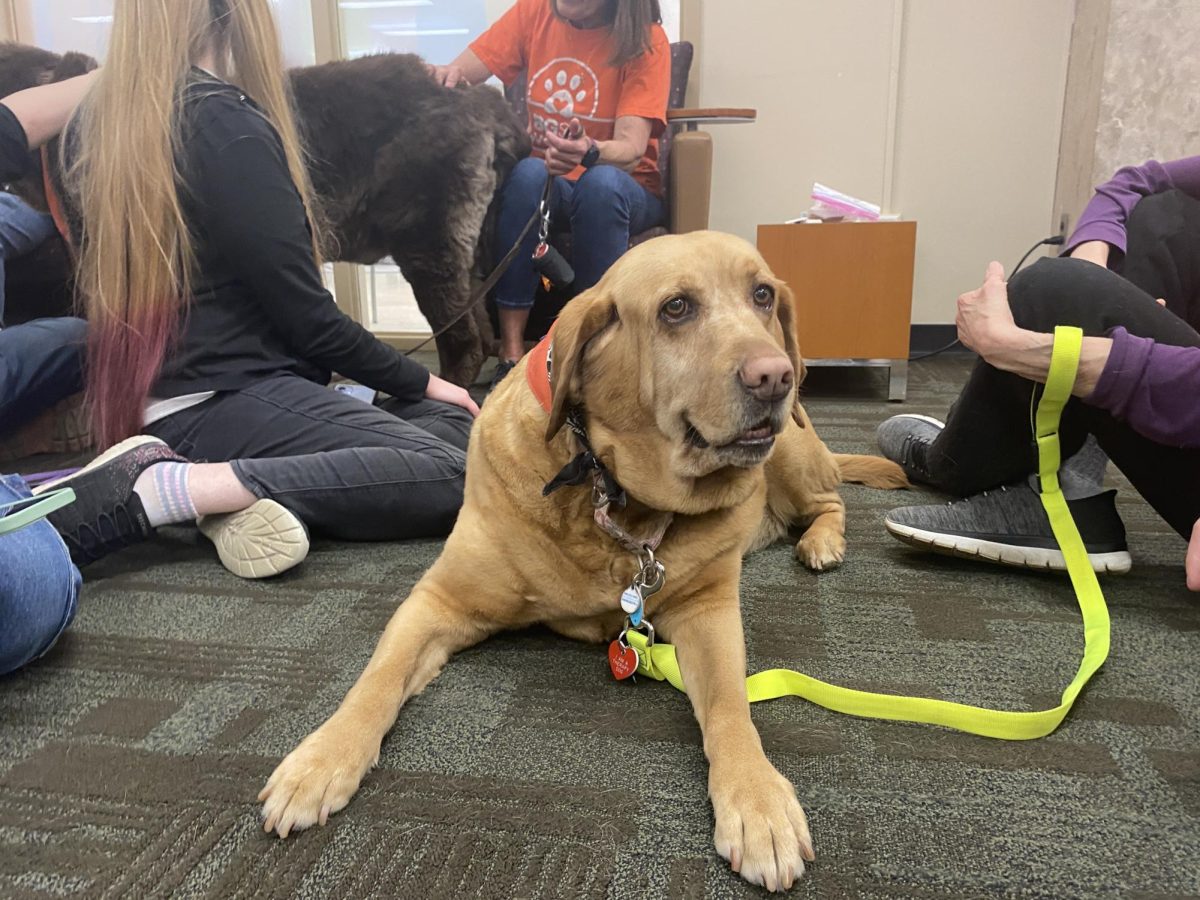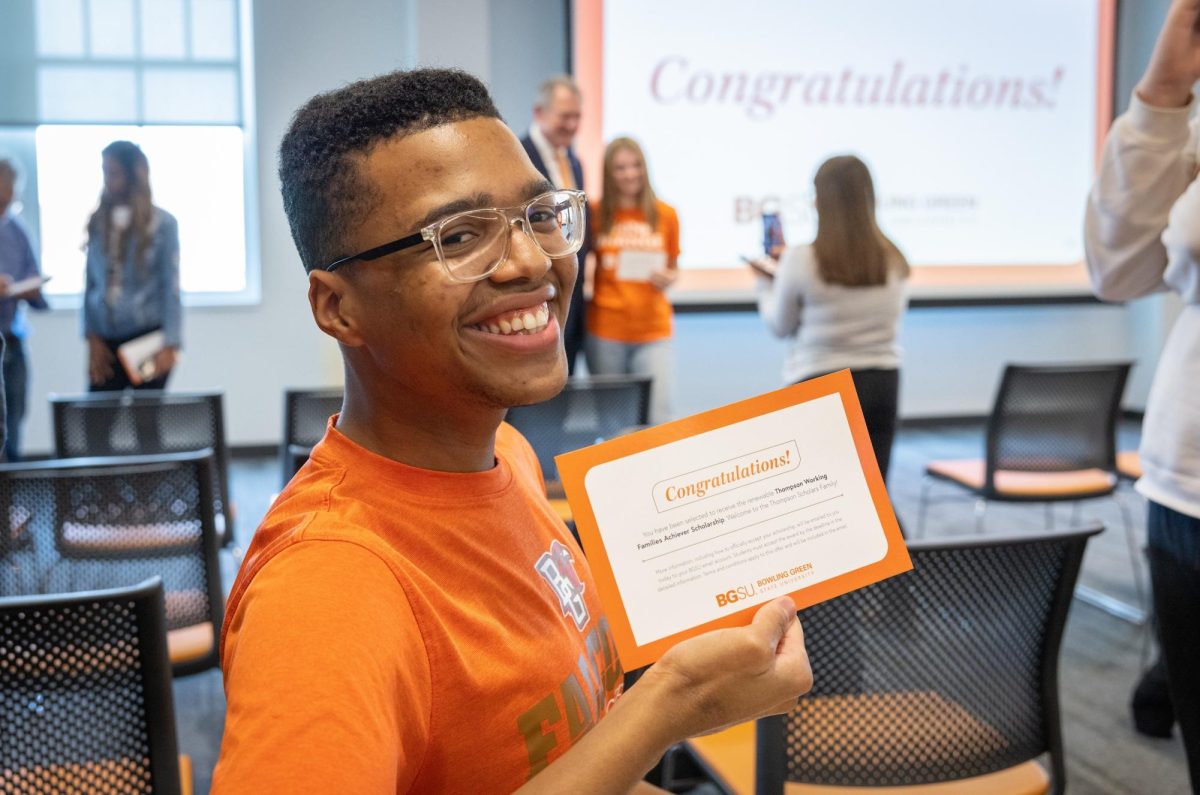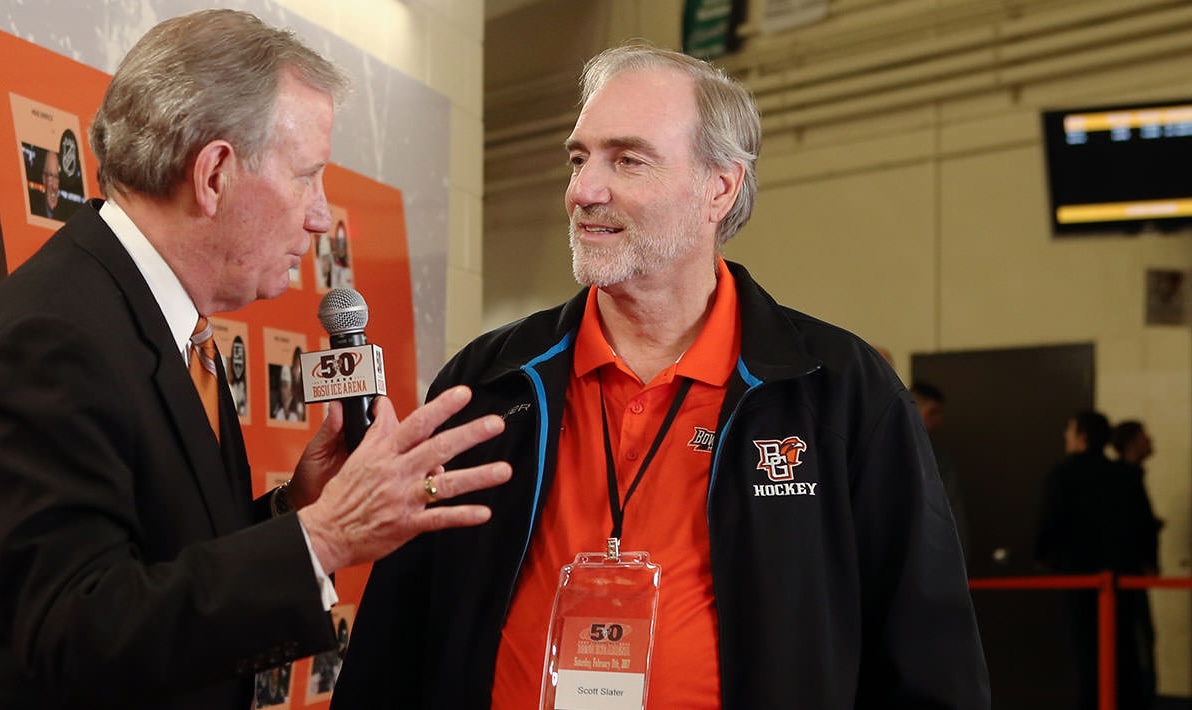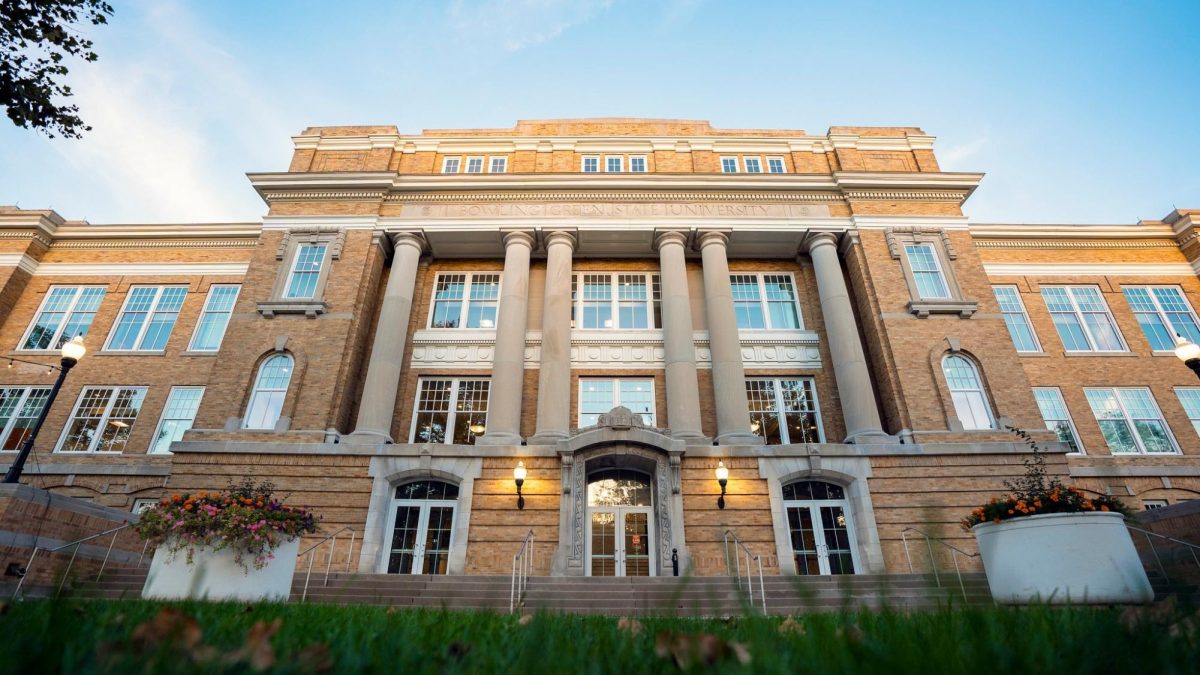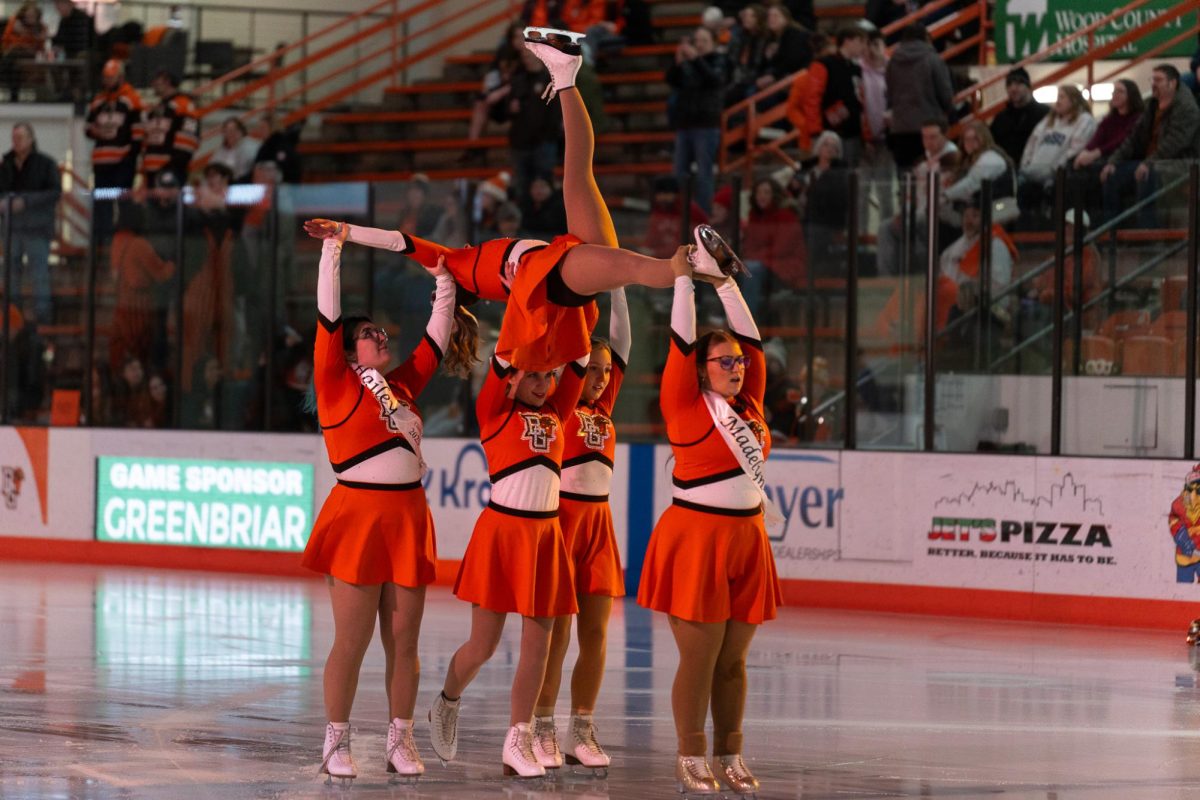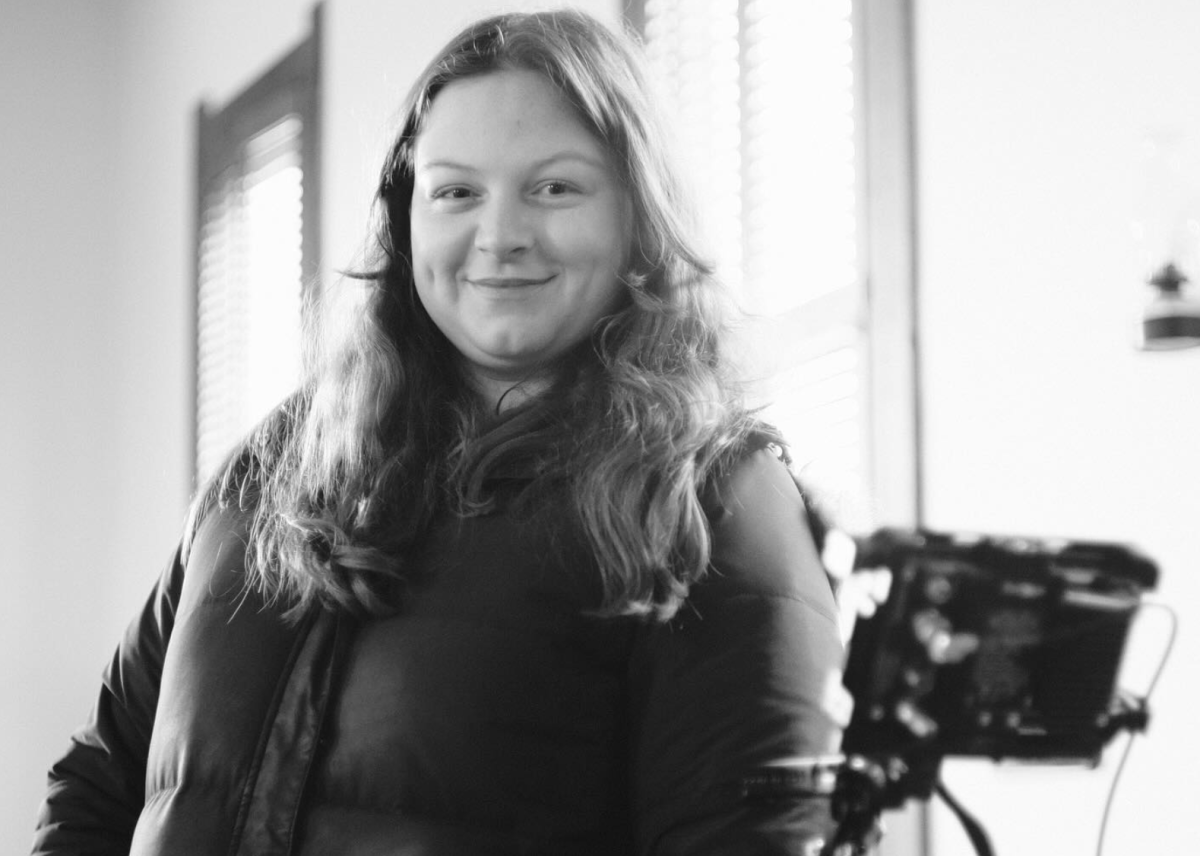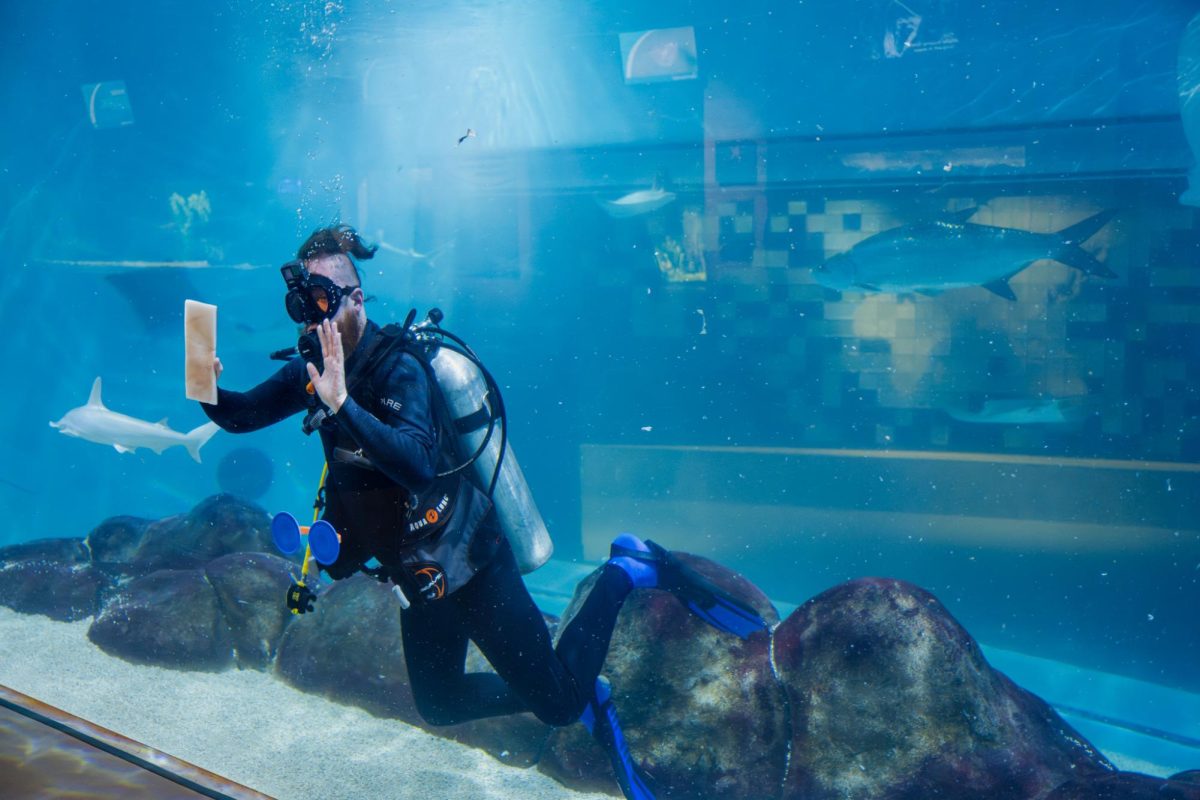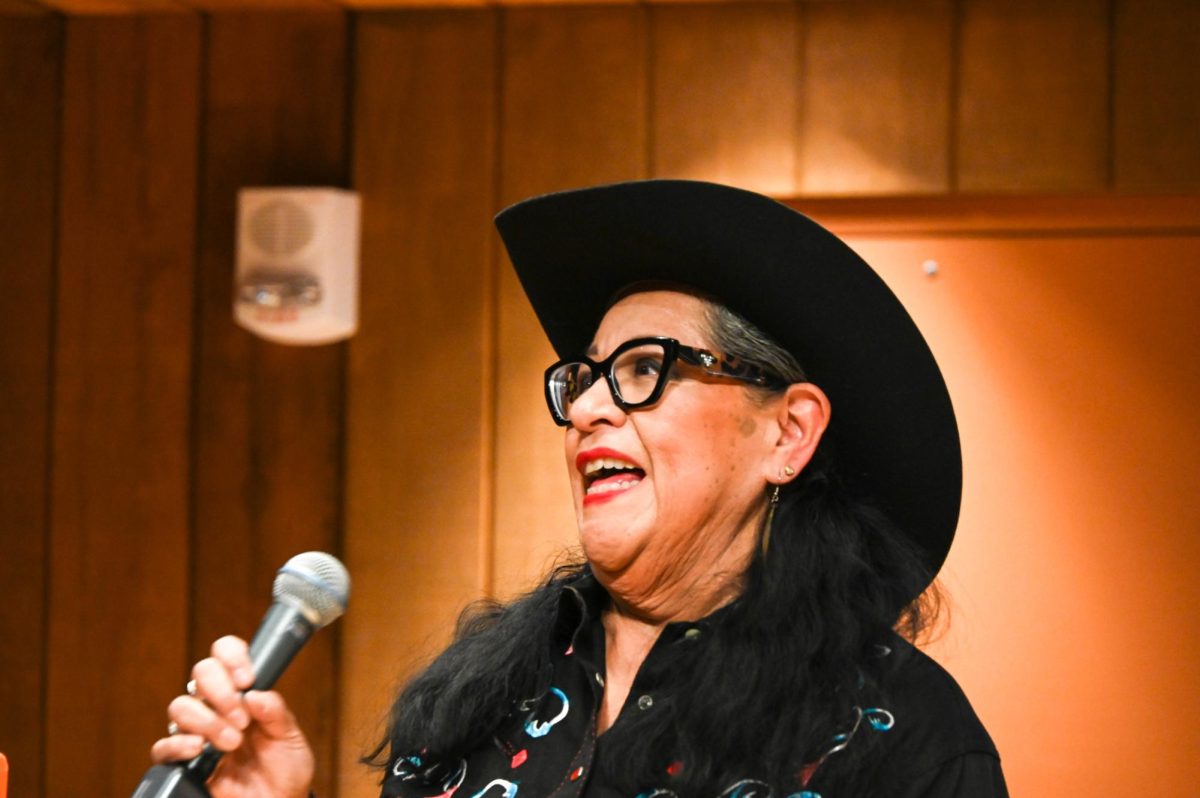Within her first six days on the job, new Women’s Center Director Angela Clark-Taylor had already applied for a grant— the first of many steps the Long Island native plans to take during her time at the University.
Since her official start date, Jan. 4, Clark-Taylor has been in back-to-back meetings, fully immersing herself in her new role. She’s already met with students working on the Equity and Sports Management Program and the Vagina Monologues, as well as meeting the Graduate Women’s Caucus, the Dean of Student’s Office and community partners like the Cocoon, whose campus advocacy program manager has office space in the Women’s Center.
The suffrage memorabilia collector takes over the Women’s Center as a new feminist movement is hitting the country in the wake of sexual assault allegations.
V Jane Rosser, director of the University’s Center for Community and Civic Engagement, led the search for a new Women’s Center director and said the candidate pool was very strong and it was a challenge to replace the founding director Mary Krueger, a “nationally known Women’s Center director and gender equity activist.”
An “exciting and diverse set of experiences” helped set Clark-Taylor apart from the rest, Rosser said, and she looks forward about future collaborations between the Women’s Center and CCCE, as well as the “skills and passion Dr. Clark-Taylor brings to diversity and inclusion work on campus and in the community.”
Vice President for Student Affairs and Vice Provost Thomas J. Gibson also recognizes the diverse background of Clark-Taylor in helping her rise above other candidates.
“She is a skilled practitioner and researcher of matters related to women, gender and sexuality. I look forward to her contributions to BGSU in promoting women’s leadership, academic success, equity and inclusion,” he said in a press release announcing Clark-Taylors hiring.
She has a three-pillar vision for the role of women’s centers: education equity, violence prevention and leadership development.
To fully implement the model in the most efficient way, Clark-Taylor plans to update programs and brochures and hold a listening tour with students to find culturally appropriate ways those pillars are or should be implemented at the University.
“You don’t change things just to change them; change has to be purposeful,” she said. “And you don’t want to change things on people to change them again.”
One purposeful change is to roll out a new mission and marketing campaign during the Women Center’s 20th anniversary in September. Another large upcoming change to the Women’s Center is a move to Hayes Hall.
“We’re going to be in a slightly smaller space, but I think it will be more purposeful in that sense that it will have more unique spaces to do specific things,” Clark-Taylor said.
The new spaces on the second floor of Hayes include a new lounge for students to use to hang out or do homework, office space for the Women’s Center and Cocoon employees and a conference room the center will share with TRIO.
While Clark-Taylor has participated in AmeriCorps and worked in nonprofits and at two universities, she knew faculty life was only temporary; the goal was always to be a women’s center director, which led her to apply all over this region.
“Ohio is a really cool state in general,” Clark-Taylor said. “It’s been involved in gender equity movements since voting and suffrage.”
She specifically considered Bowling Green because of its rich research and small liberal arts field.
“I knew that I would be able to work with faculty. They’re doing cutting-edge work that would improve my work, and that I also would have a lot of access to students and students that do a lot of things outside of class.”
It all began for her when she realized she identified as bisexual in high school. Though she now identifies as queer and recognizes her privilege as a white, educated woman who is in a long-term partnership with a cisgender man, she faced some barriers in high school in the ‘90s, when being bisexual “wasn’t so cool.”
“It taught me to be an advocate,” she said. “Ifound I shine best when I empower and advocate for others. I find my purpose when I help others find theirs.”
As a child, Clark-Taylor also found inspiration in her mother. While living in an extended family household with her mom, grandparents and uncle, Clark-Taylor watched her mother struggle to go to college while raising her daughter and working full time. In the meantime, she still found time to give to the community.
“She just really felt like it was our duty to find something we were passionate about and be diligent to being part of the change and support of it,” she said.


